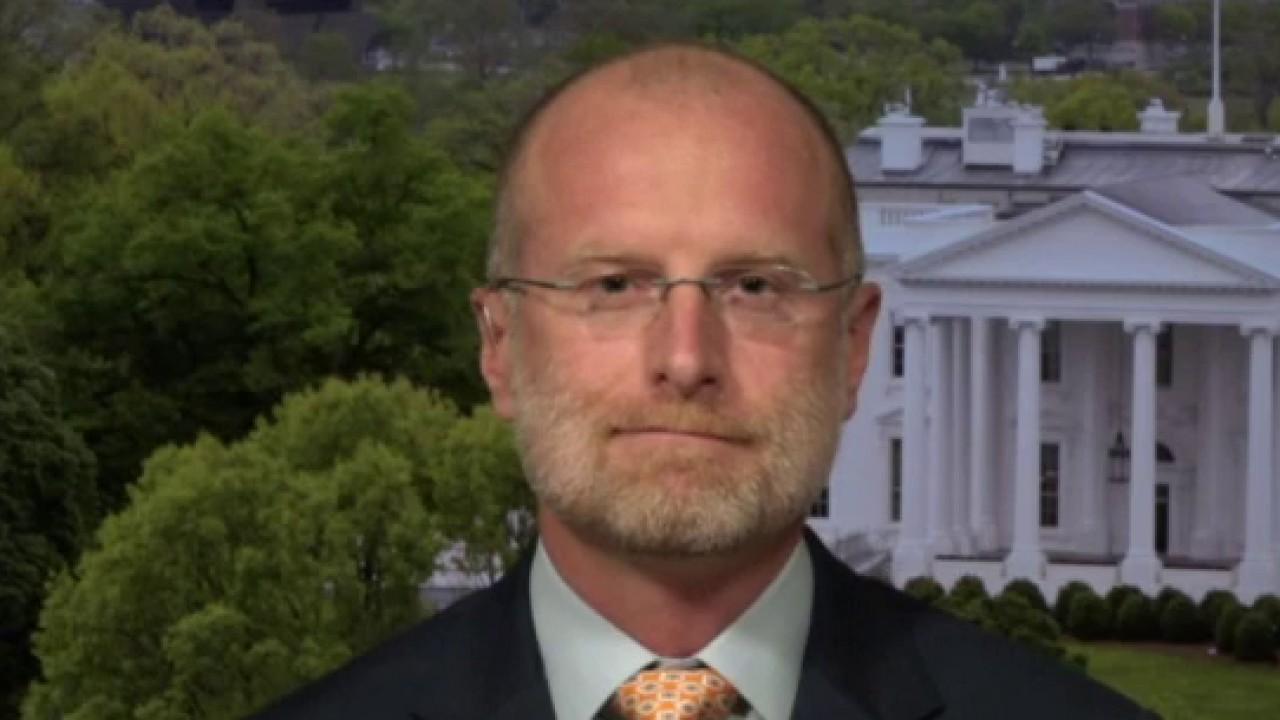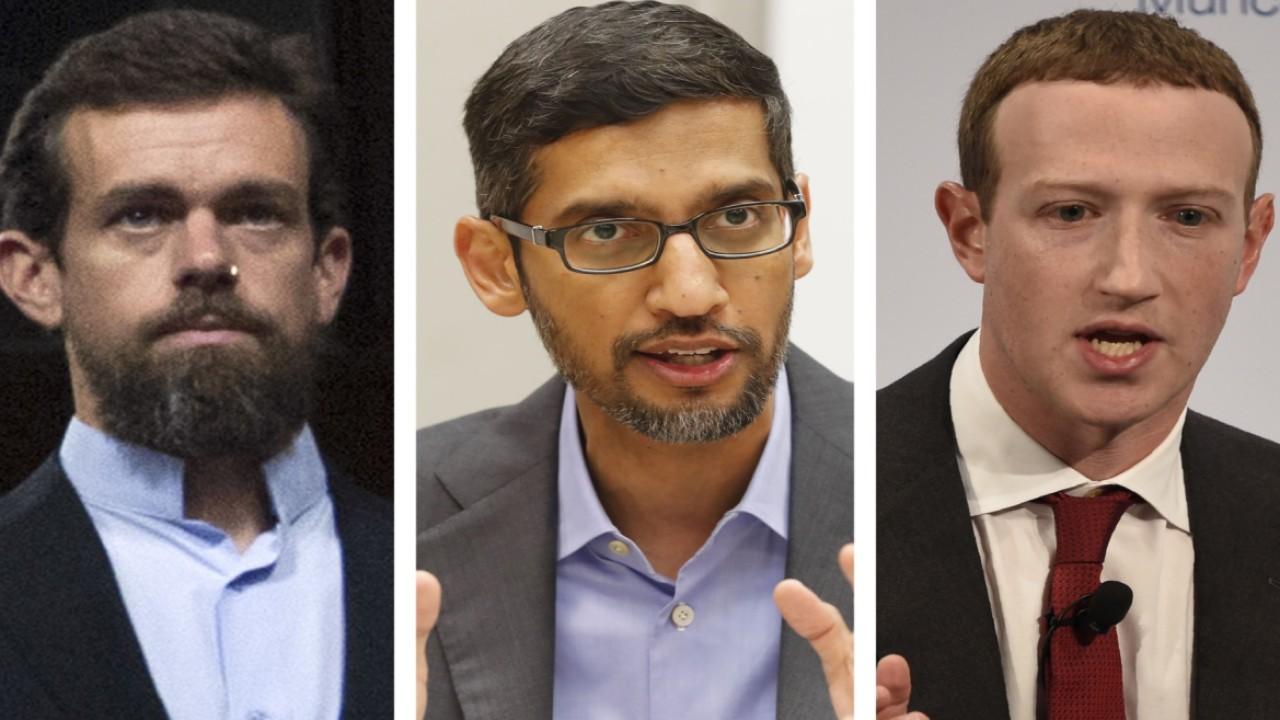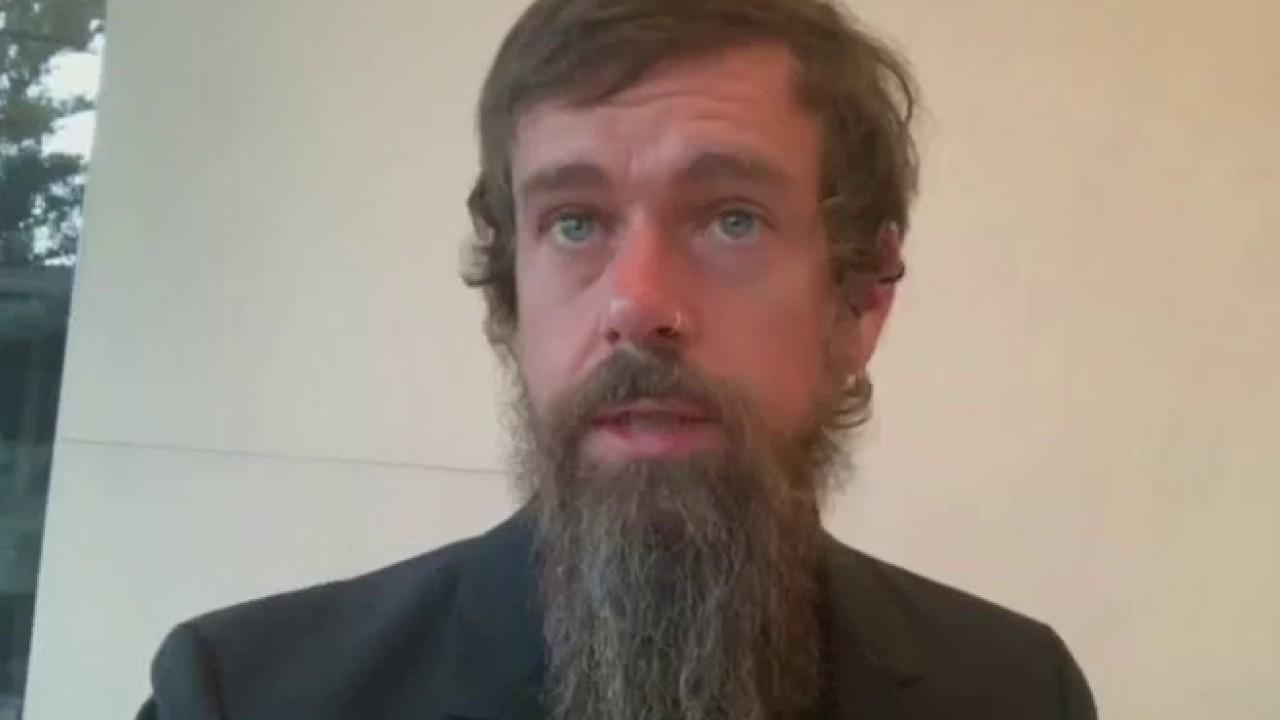Facebook, Twitter publisher conduct ‘outside’ Section 230 protections: FCC commissioner
'We don’t need people sitting in Silicon Valley being the arbiters of truth,' Brendan Carr says
FCC Commissioner Brendan Carr told “Cavuto Coast to Coast” on Wednesday that Facebook, Twitter and other social media platforms “act like a publisher every single day” and that their “publisher conduct falls outside the protections” of Section 230 of the 1996 Communications Decency Act.
“When they run these fact checks, when Twitter has their trending news section, these are publisher activities that Twitter is engaging in,” Carr said. “And I think as we reform 230, we should be very clear about that because that publisher conduct falls outside the protections of 230.”
Carr has stressed that reforms must be made to Section 230 so that “we can put Internet platforms to their actual statutory burden.”
BIG TECH'S CENSORSHIP OF HUNTER BIDEN REPORT IS A VIOLATION OF FREE SPEECH: FCC COMMISSIONER
Section 230 states that "No provider or user of an interactive computer service shall be treated as the publisher or speaker of any information provided by another information content provider."
It has been pivotal in the rise of social media by allowing not only Internet service providers, but also Twitter, Facebook, YouTube and others to be shielded from liability from content posted on their platforms by third parties in most cases.
Carr told host Neil Cavuto that currently Section 230 “lays out specific categories of speech that if speech falls within that category they [Big Tech] can take it down, not just with the First Amendment rights that we all have, but with their bonus Section 230 protections.”
“So I’m very comfortable with the regime in which we bring much more clarity to when you take speech down,” he continued. “And if the upshot of that is more speech, I think we’re better for that.”
CONGRESS, FACEBOOK, TWITTER, GOOGLE CEOS NEED TO BE ASKED THESE 5 QUESTIONS
He emphasized the importance of letting the American people “make their own decisions.”
“We don’t need people sitting in Silicon Valley being the arbiters of truth,” Carr told Cavuto. “One of the reasons Internet speech is so powerful in the first place is because people went there to get around the traditional gatekeepers that we had in mainstream media and now the lack of gatekeepers that made the Internet so attractive as a platform is ending and now Silicon Valley is stepping into the role of those gatekeepers.”
“I think we’re moving in the wrong direction and that’s why 230 reform is so necessary,” Carr said.
Carr made the comments on Wednesday as Twitter CEO Jack Dorsey and Facebook CEO Mark Zuckerberg defended Section 230 during a hearing on censorship before the Senate Commerce Committee.
The two executives, along with Google CEO Sundar Pichai were answering questions, which at times touched on Section 230, which separates social media sites from digital publishers.
Republicans have long been concerned about Big Tech's bias against conservative viewpoints, but Twitter's effort to shut down the spread of the New York Post’s reporting on emails from Hunter Biden's laptop was the final straw, prompting lawmakers to summon the CEOs to testify on Capitol Hill.
On Wednesday, Dorsey suggested expanding Section 230 rather than removing it altogether.
"Section 230 is the most important law protecting internet speech. In removing Section 230, we will remove speech from the internet," Dorsey said during his testimony.
Zuckerberg similarly suggested that Congress "update the law to make sure it is working as intended."
Cavuto asked Carr on Wednesday whether he gets the sense that changes to Section 230 and how it is policed “are afoot?”
“I think we’re in a watershed moment if you look at the progress we’ve made over the last few weeks in terms of building momentum for reforming Section 230,” he responded. “We’ve never seen so many Republicans and conservatives standing up for free speech.”
Carr told Cavuto he watched “a lot of the testimony” and said that he thinks Dorsey is trying to “scare off those that want to reform [Section] 230, by claiming that any efforts to change that law is going to result in more censorship, not less.”
“He has it backwards,” Carr said.
GET FOX BUSINESS ON THE GO BY CLICKING HERE
He went on to say that “if other people’s speech is on their website, they don’t need to be liable for that, that’s fine, but there is a second piece of the law, which is when they take down speech, courts have read that provision as giving them carte blanche to remove any speech they want.”
“The purpose of reforming 230 is actually put them through the higher statutory test before they take down any speech,” Carr continued. “The upshot of that is going to be less censorship and that is great for our democracy.”
CLICK HERE TO READ MORE ON FOX BUSINESS
FOX Business’ Audrey Conklin and Marisa Schultz contributed to this report.






















